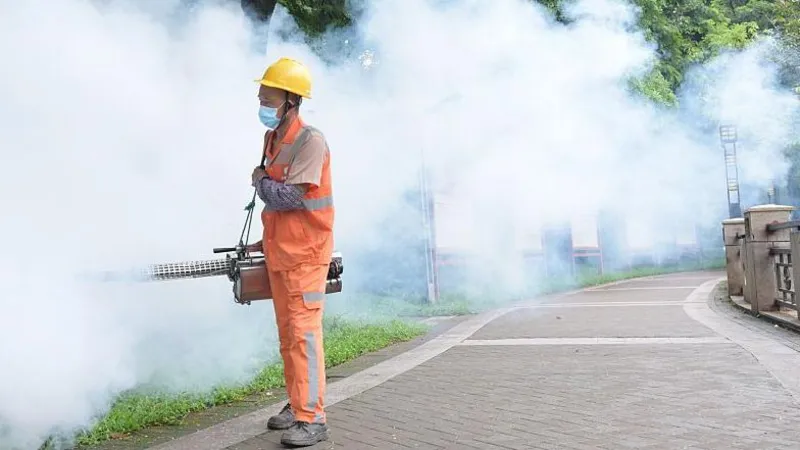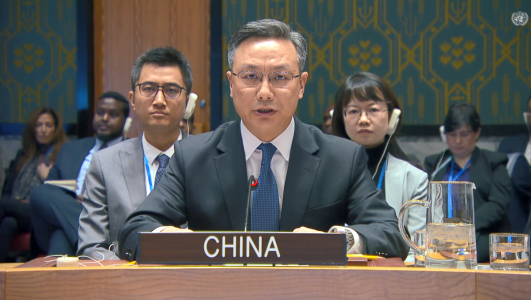
China Battles Chikungunya Outbreak with Stringent Measures
Guangdong, China — Authorities in southern China’s Guangdong province have reported more than 7,000 cases of the mosquito-borne chikungunya virus since July, triggering a wave of stringent control measures reminiscent of the country’s COVID-19 response.
Foshan city, the epicentre of the outbreak, has introduced mandatory hospital stays for infected patients, who are kept under mosquito nets and discharged only after a week or upon testing negative. Similar measures have been rolled out in at least 12 other cities across the province, which collectively reported nearly 3,000 new cases in the past week alone.
Chikungunya, first identified in Tanzania in 1952, is spread through the bite of infected mosquitoes and is common in South and Southeast Asia as well as parts of Africa. Symptoms typically appear within three to seven days of infection and include fever, rash, headache, muscle pain, and severe joint pain that can persist for months or even years. While rarely fatal, the illness poses higher risks to newborns, the elderly, and those with underlying health conditions.
Authorities have mobilised an extensive response to curb the outbreak. Measures include:
Urging residents with fever, rash, or joint pain to seek immediate testing.
Ordering the removal of stagnant water from homes, with fines of up to 10,000 yuan ($1,400) for non-compliance.
Releasing “elephant mosquitoes” that prey on smaller, virus-spreading mosquitoes.
Introducing thousands of mosquito-eating fish into lakes.
Deploying drones to detect hidden pools of stagnant water.
Hong Kong has also recorded its first related case — a 12-year-old boy who developed symptoms after visiting Foshan in July.
Officials emphasise that chikungunya is not contagious between people; transmission occurs only when a mosquito bites an infected person and then bites someone else. So far, all reported cases in China have been mild, with 95% of patients recovering within a week.
Despite reassurances, the outbreak has sparked public anxiety on Chinese social media, with some users questioning the necessity of pandemic-style restrictions. The United States has advised travellers to China to exercise “increased caution” in light of the situation.
Health experts stress that the most effective prevention remains eliminating mosquito breeding sites — a message authorities are pushing hard as Guangdong races to stop the spread.









